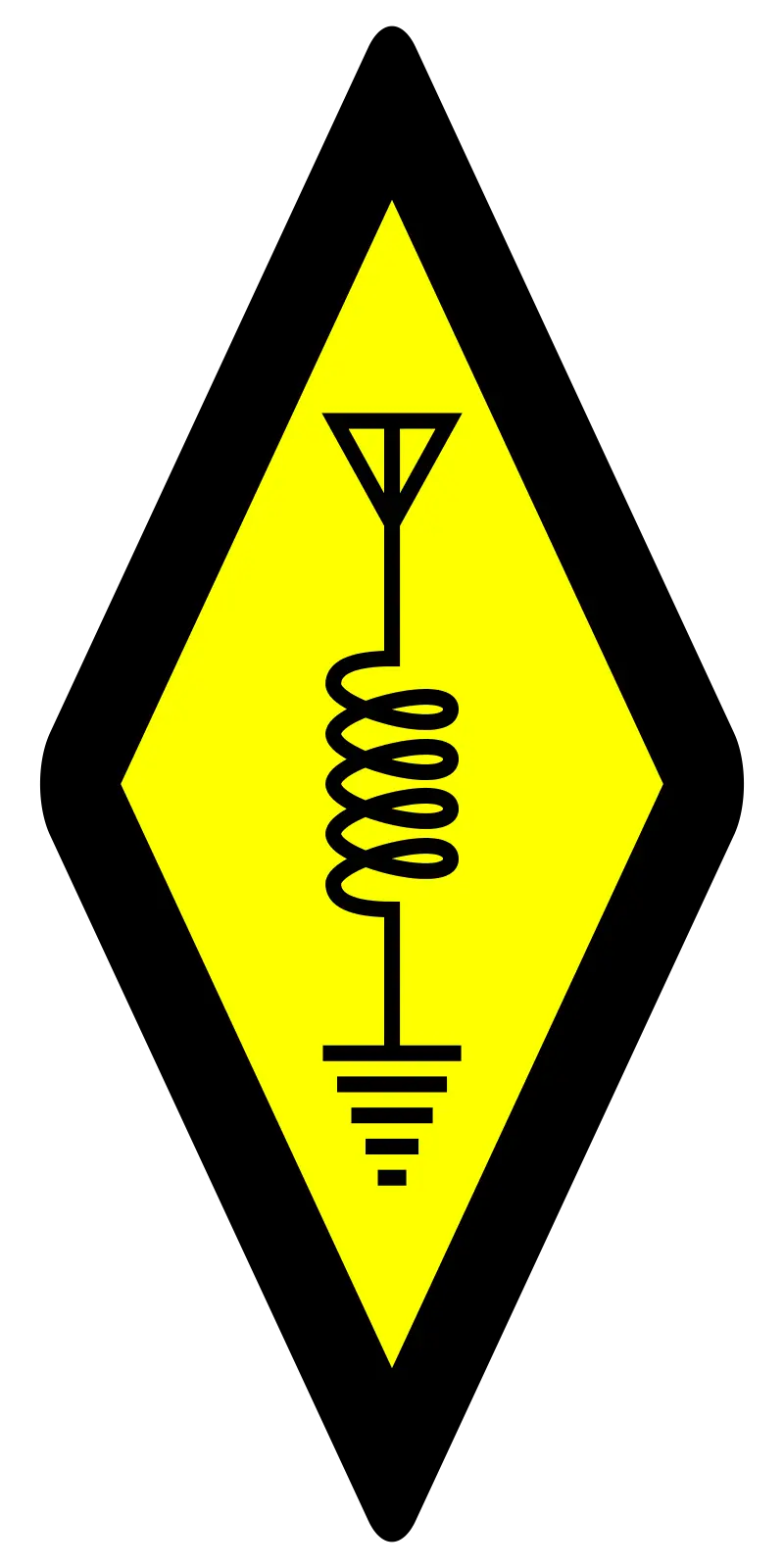Not the parent you’re responding to, but I think it’s that my “mediocre” comment was a reference to the movie, and yours was a literal response to my joke. A bit of a whoosh situation.
- 1 Post
- 1.06K Comments

 0·4 days ago
0·4 days agoCarnauba wax would like a word…
IIRC Waterson got a lot of flak for this, as there’s an implication that parents who adopt don’t love their kids as much. (Recollection from reading one of his annotated collections, could be wrong.)
So you’re saying it was…mediocre?
grep -rIi “John.*Cena” dir/
I have this sort of thing aliased, with some added
--includeflags to filter file type (e.g., only match source/script files). Super useful!

 12·5 days ago
12·5 days ago640k780k ought to be enough for anybody…
I know right? What a poser!
/s
Born to late to explore the world.
If you can build up intuition around Fourier decomposition I think it gets much easier to understand.
Multiple things going on at the same frequency are indistinguishable (up to a phase). Lots of stuff going on at different frequency can be separated. Light also has frequency (color) and volume (intensity)—it may be more intuitive to conceptualize in this way.

 13·7 days ago
13·7 days agoA professional degree is historically different from an academic degree though. Math, chemistry, physics, biology, computer science—these typically produce (well compensated!) professionals, but they are not professional schools.
I am professional; I get paid to do the kinds of things that I did in grad school. But afaik no one would say I hold a professional degree.
All of this is besides the point of course—our student loan system shouldn’t disqualify people based on these sorts of semantics.

 24·8 days ago
24·8 days agoI was interpreting the quoted text as encompassing all engineering fields, e.g., EE, mechanical, computer, etc.
If that’s not the case and this is for specific professional engineering degrees then yep, I certainly agree with you.

 21·8 days ago
21·8 days agoI was interpreting the quoted text as encompassing all engineering fields, e.g., EE, mechanical, computer, etc.
If that’s not the case and this is for specific professional engineering degrees then yep, I certainly agree with you.

 211·8 days ago
211·8 days agoThis is actually the one that I would agree with (edit: see below), if the difference is “professional” vs. “academic.” I certainly wouldn’t call a natural science degree professional, and if you’re in a research institution studying some form of engineering I’d probably put you in the same category. Just my experience/opinion though (and the rest of the exclusions are super stupid, I agree).
Edit: from the replies, this is referring to Professional Engineering; in my corner of the world, “Engineer” is an overloaded term that generally means electrical, mechanical, software, and sometimes computer engineer. My comment was referring to these engineers, who are rarely licensed and study alongside scientists in school. I completely agree with parent in the context of “professional engineering” (I mean…it’s right there in the name…).
Daniel Radcliffe used this to his advantage—same outfit, and the paparazzi stopped bothering him:
It was three or four months. Because I was doing a play in London and every night there was paparazzi outside. And I suddenly realized after like after I just had just been lazy and not changed my clothes for a few days, that they were not there. And I realized it’s probably because I’m wearing the same thing so it all looks like photos from the same day. So I was like ‘I’ll just continue wearing this.’ And they never came back because it all looks like the same picture in front of the same door.

 2·11 days ago
2·11 days agoSadly not really. I use the free tier Oracle, which honestly has worked very well, but I’m not going to recommend using Oracle aside to say that it functionally works for me.
If I were to switch I would probably go to racknerd.

 0·11 days ago
0·11 days agoYes, but you can run multiple VPS, from different providers, simultaneously.
What I like is that while it does depend on an external provider, it doesn’t depend on a specific external provider. Any VPS with a public IPv4 would work.

 8·11 days ago
8·11 days agoVPS+VPN (WireGuard for me), with Tailscale as an emergency alternative, has worked very well for me. Knock on wood the only outages have been my own fault.

 0·11 days ago
0·11 days agoVPS+VPN, this is what I do.
VPS has public IP and runs WireGuard “server”* and a reverse proxy (and fail2ban…). Reverse proxy points to my home computer over the WireGuard link. No open ports on my home router.
For private facing/LAN-only services I just don’t have an entry in the VPS reverse proxy. DNS on the router points everything to my local server, so if at home I access everything directly. To access internal services remotely requires VPN (i.e., WireGuard to the VPS).
Works well; I have a tiny free tier VPS but even so, no complaints.
*Yes I know there are no wg clients or servers, only peers, but it plays a server-likr role.

 4·14 days ago
4·14 days agoIn a VHCOL area, $100k with one child is extremely tough/you’re likely dipping into savings. Our daycare alone is over $40k/yr per kid, and only $5k ($7500 next year) is fully tax exempt.
Median 2 bedroom in my area is over $50k/yr.
$100k doesn’t cut it. “Just move to a cheaper area” is IMHO not a proper response to this—anyone who works in my city should be able to afford to raise a family here, with a high quality of life/standard of living, but that’s not really the case.







The pandemic was great for my city (San Francisco) in this regard—they shut/heavily discouraged a bunch of streets to through traffic for a number of “slow streets.” Kids and adults alike run, bike, scooter, etc. in the middle of these streets. Obviously people love them, so they remained after the pandemic (at least, the one’s I’m familiar with remain).
It’s not a full-on car ban, but it’s a start!